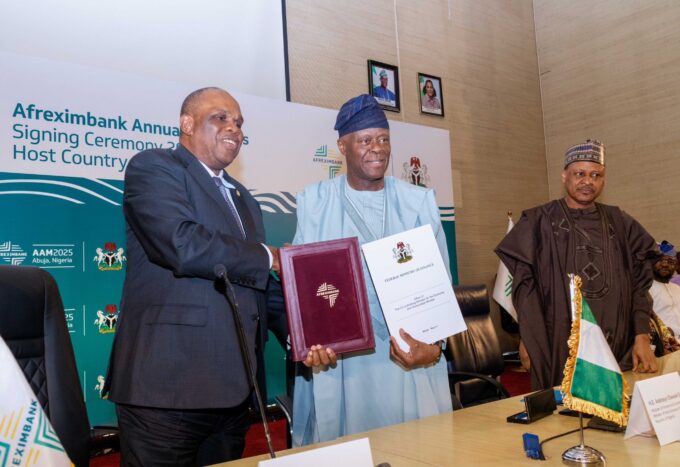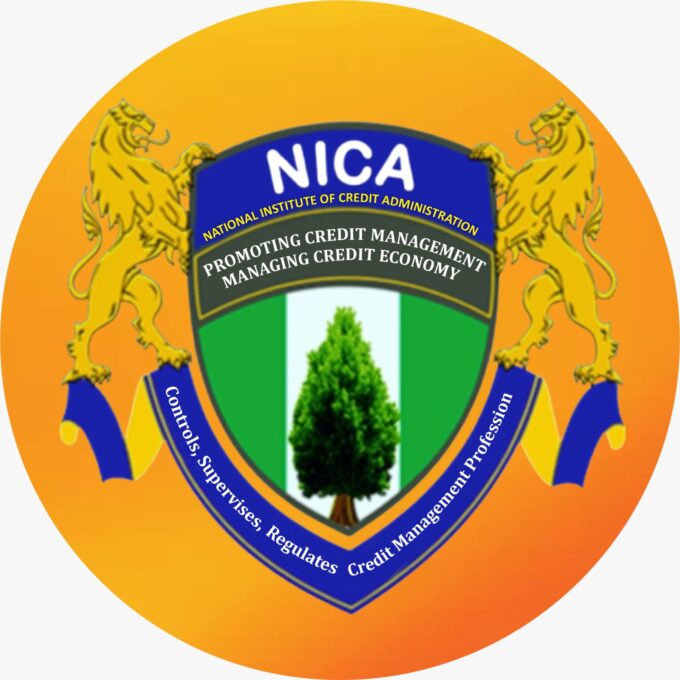Nigeria’s inflation rate reduced by 0.05 per cent in April compared to what obtained in March according to the National Bureau of Statistics (NBS) Consumer Price Index (CPI) report for April 2021 released on Monday in Abuja,
The NBS said: “The Consumer Price Index, which measures inflation increased by 18.12 per cent (year-on-year) in April 2021.
“This is 0.05 per cent points lower than the rate recorded in March 2021 (18.17 per cent).”
CPI measures the average change over time in prices of goods and services for day-to-day living.
The report also said increases were recorded in all Classification of Individual Consumption by Purpose (COICOP) divisions that yielded the headline index.
“On month-on-month basis, the headline index increased by 0.97 per cent in April. This is 0.59 percentage points higher than the rate recorded in March (1.56 per cent)”, the report said.
The NBS said that the percentage change in the average composite of CPI for the 12 months period ending in April over the average of CPI for the previous 12 months period was 15.04 per cent.
This, it said, represented a 0.48 per cent increase over 14.55 per cent recorded in March.
It, however, said that the rural index also rose by 0.95 per cent in April, down by 0.57 per cent, compared to the 1.52 per cent rate recorded in March.
“The corresponding twelve-month year-on-year average percentage change for the urban index is 15.63 per cent in April.
“This is higher than 15.15 per cent reported in March, while the corresponding rural inflation rate in April is 14.48 per cent compared to 13 per cent recorded in March,’’ it stated.
The NBS said that composite food index rose by 22.72 per cent in April compared to 22.95 per cent in March.
It added that on month-on-month basis, the food sub-index increased by 0.99 per cent in April, down by 0.91 per cent from 1.90 per cent recorded in March.
It said that the rise in the food index was caused by increases in prices of coffee, tea and cocoa, bread and cereals, soft drinks, milk, cheese and eggs, vegetables, meat, oil and fats, fish and potatoes, yam and other tubers.
The data bureau said that “All items less farm produce’’ or Core inflation, which excludes the prices of volatile agricultural produce stood at 12.74 per cent in April, up by 0.07 per cent when compared with 12.67 per cent recorded in March.
It added that on month-on-month basis, the core sub-index increased by 0.99 per cent in April, down by 0.07 per cent when compared with 1.06 per cent recorded in March.
It said that the highest increases were recorded in the prices of pharmaceutical products, vehicle spare parts, hairdressing salons and personal grooming establishments.
Other areas are garments, furniture and furnishing, medical services, shoes and other footwear.
Others are motor cars, major household appliances whether electric or not, dental services, hospital services, non-durable household goods and fuel and lubricants for personal transport equipment.
For state profile, the NBS said that in April, “all-items’’ inflation on year-on-year basis was highest in Kogi at 24.33 per cent, Bauchi State at 22.93 per cent and Sokoto State at 20.96 per cent.
Abia at 15.94 per cent, Kwara at 15.70 per cent and Katsina State at 15.58 per cent recorded the slowest rise in headline year-on-year inflation.
On month-on-month basis, however, in April “all-items’’ inflation was highest in Kebbi at 2.24 per cent, Cross River at 1.99 per cent and Jigawa at 1.78 per cent.
Ebonyi at 0.12 per cent recorded the slowest rise in headline inflation month-on- month with Rivers and Ogun recording price deflation or negative inflation.
For food inflation on a year-on-year basis, in April, it was highest in Kogi at 30.52 per cent, Ebonyi 28.07 per cent and Sokoto State at 26.90 per cent.
Abuja at 18.63 per cent, Akwa Ibom at 18.51 per cent and Bauchi State at 17.64 per cent recorded the slowest rise in year-on-year inflation.
On month-on-month basis, however, April food inflation was highest in Kebbi at 2.46 per cent, Ekiti State at 2.42 per cent and Kano State 2.17 per cent.
Meanwhile Abuja at 0.05 per cent recorded the slowest rise in month-on-month food inflation with Rivers and Ogun recording price deflation or negative inflation.














